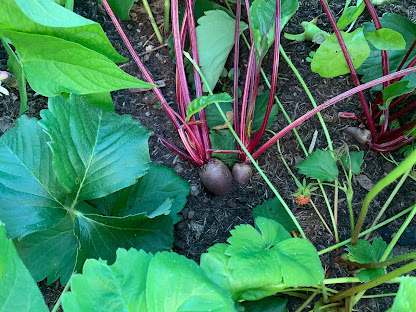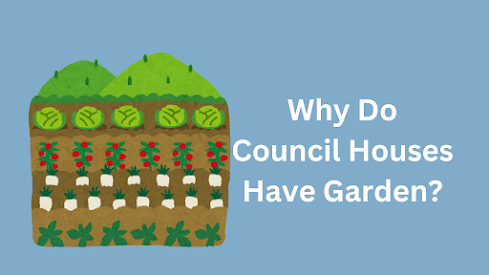2) I Bet You Didn't Know This About the Word, 'Homestead'.
'Homestead'
Predates Homesteading act of 1862
Forget everything you think you know about homesteading!
The words homestead and homesteading isn’t even originally American and
dates way back in Europe including the United Kingdom, which wasn’t actually
united back then. Sometimes you have to look back to move forward.
Let’s explore that then.
Since the creation of the Homesteading Act of 1862 in America, the information is freely available on the internet but generally, it included land up to 160 acres and the claimant had to subsist on that land for 5yrs to claim the deeds to it.
Those who subsisted off the land were homesteaders. That technicality evolved over the generations since to include smaller parcels of land and usually meant growing crops and or rearing animals and the things done in the house associated with the land. That’s what we all come to think of when we hear ‘homestead’.
It has evolved into something much more to do with aesthetics and
lifestyle than farming. 1862 is not when the term 'homestead' originated
though.
According to etymonline.com (an online dictionary), homestead in Old English was Hamstede, meaning home, town or village, a place. In other languages like Danish it was hjemsted (there’s a (–) on top of the ‘e’ so 'Hyemsted' and in Dutch, heemstede (as in 'hear', swap the r for an m ),all meaning the same thing.
How old is Old English? According to Wiki, it was spoken between the 5th and 11th century AD. Britanica.com says that Old English is also called Anglo-Saxon which was spoken and written in England up to the 11th century but it must have been spoken for longer as the evolution of languages is a slow thing.
‘New English’, meaning the language of the King James Bible and Shakespeare, was then spoken from the late 14th century and by the 17th century. Don’t shoot the messenger. That's what it said! So the word ‘homestead’ way predates the American Homesteading Act of 1862. It’s one of those words that are both noun and verb
Oh, and as to saying Hello in Old English...
I found this really amazing YouTube channel called Leornende Eald Englisc (Learn Old English) and Kevin teaches viewers the language. I’m a Tolkien fan so ancient languages are fascinating to me.
Anyway, to say hello in Old English would be Beo gesunde. The ‘e’ has that (–) above it and is pronounced Bayo and the ‘g’ has a dot above it and pronounced yesunde. The ‘u’ pronounced as ‘er’ without the r or like the Welsh ‘y’. I know, too much!!! Just go watch Kevin’s channel but your life is now forever changed!
You’ve learned that the word homestead is way older than 1862 and not even originally American and you’ve learned how to say hello in an ancient language. You’d think that’s the end of the commentary but wait...
Just hold your horses. I did say that to look or move forward we sometimes need to look back. Having done that my aim shifts to helping you see that in view of the original meaning, homesteading can mean something closer to what it has been evolving and de-evolving to between that 19th century idea and today.
I think I’ve discussed this in the past but just to bring it into relevance with this article; Homesteading has evolved to include suburban and city settings wherever we live and have community.
It means not just growing crops but all useful and edible plants and maybe raising animals if you have a little land. Even a flat (apartment if you are not from the UK) can be a homestead if you have an allotment, extended family or friend’s garden to cultivate or a community garden to bring produce home from. And then you use that produce in your home by storing, preserving or even processing it into something you could sell.
Homesteading used to include turning your harvests of whatever kind into an income as well but now the income you generate from your ‘homestead’ can include any work you do from home...Like the online content creation I'm creating.
***
I would love for you to connect with me on this topic. So do get in touch in any of the comments sections of the varied platforms I am sharing on.
Until next time...happy homesteading.

.png)
.png)





Comments
Post a Comment
I'd love to hear from you. Leave a comment. I'll get back to you as soon as I can. Thanks.